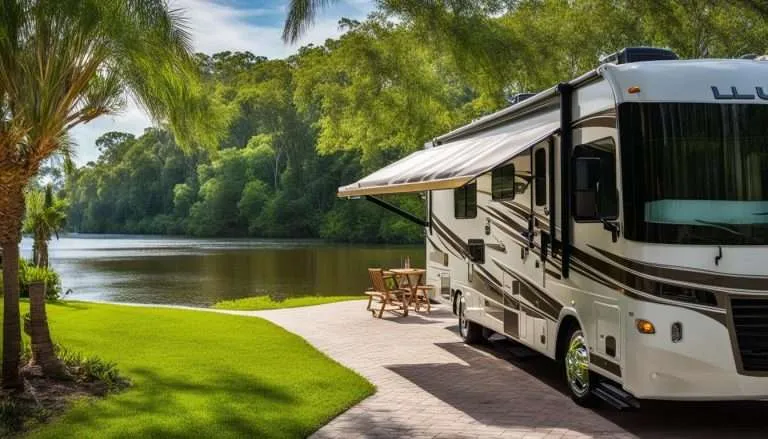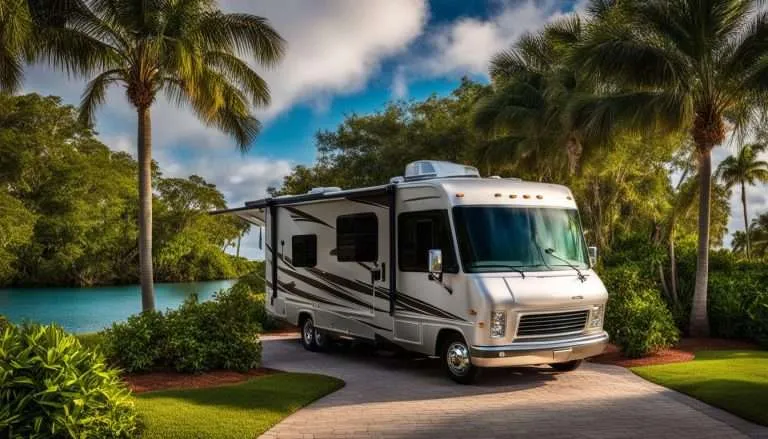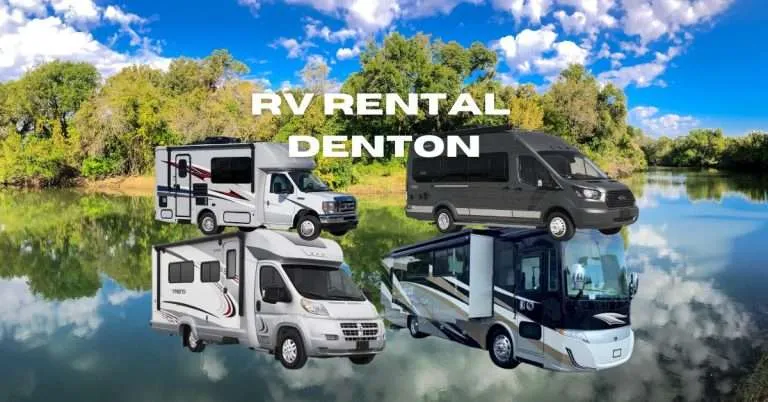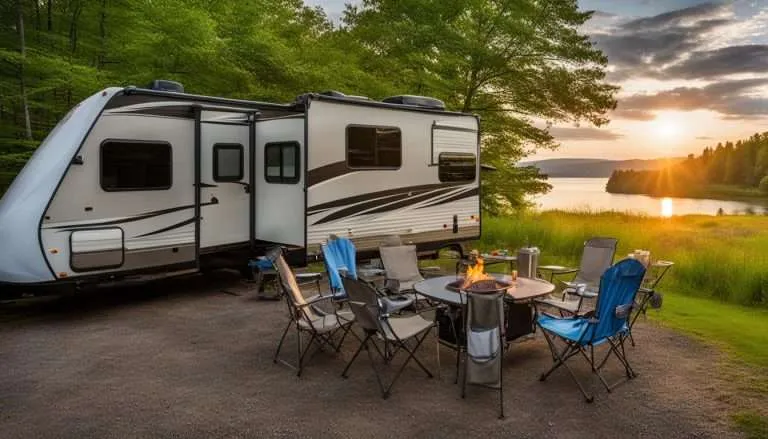5 Common RV Electrical Problems & Solutions

Last updated on August 12th, 2024 at 11:30 pm
When embarking on a journey with your recreational vehicle (RV), ensuring its electrical system is in optimal condition is crucial for a smooth and enjoyable experience. RVs are like mobile homes, equipped with various electrical components that power everything from lighting to appliances.
As with any complex system, electrical issues can arise, potentially transforming your adventure into a frustrating ordeal.
In this article, we will explore the most common electrical problems encountered by RV owners and provide valuable insights on how to effectively address them.
Dead Batteries: The Silent Setback
Your RV’s batteries are the lifeblood of its electrical system. Dead batteries can bring your trip to an abrupt halt, leaving you without power for lighting, appliances, and even the engine ignition. To prevent this, regular battery maintenance is crucial. Clean battery terminals and connections, and monitor the battery’s charge level. Investing in a quality battery monitoring system can provide real-time data and alerts to help you avoid unexpected battery failures.
Problem: Dead batteries can bring your RV experience to a standstill, leaving you without power for essential functions.
Solution: To prevent dead batteries, prioritize regular battery maintenance. Keep battery terminals and connections clean and free from corrosion. Regularly check the battery charge level and invest in a reliable battery monitoring system. Carry a backup power source, such as a portable generator or solar panels, to ensure you have power when needed.
Faulty Converters: Power Regulation Woes
The converter in your RV is responsible for converting 120-volt AC power from shore power or a generator into 12-volt DC power to charge your batteries and run your DC appliances. A malfunctioning converter can lead to improper charging, affecting battery health and overall electrical performance. If you notice dim lights or appliances not functioning properly, a faulty converter could be the culprit. Regularly inspect and maintain your converter to ensure efficient power conversion.
Problem: Malfunctioning converters can disrupt power regulation, affecting battery charging and appliance functionality.
Solution: Regularly inspect and maintain your converter. Ensure it’s clean and free from debris. If you notice dim lights or inconsistent appliance performance, consult a professional for a thorough converter assessment. Consider upgrading to a high-quality converter if necessary.
Tripped Circuit Breakers: A Safety Mechanism
Circuit breakers are designed to protect your RV’s electrical system from overloads and short circuits. If you experience sudden power loss in specific areas of your RV, it’s possible that a circuit breaker has tripped. Locate your RV’s circuit breaker panel and check for any tripped breakers. Reset them and identify the underlying cause to prevent future occurrences. Overloading circuits with high-demand appliances can trigger such incidents.
Problem: Tripped circuit breakers can result in partial or complete power loss in specific areas of your RV.
Solution: Locate your RV’s circuit breaker panel and identify the tripped breaker. Reset it and address the root cause, such as overloading circuits with high-demand appliances. Implement a power management strategy to prevent overloads and ensure balanced power distribution.
Flickering Lights: Loose Connections
Flickering lights inside your RV can be a nuisance and may indicate loose or corroded connections. Start by inspecting and tightening all electrical connections, from light fixtures to outlets. Corrosion can be addressed using specialized sprays or cleaning solutions. If flickering persists, consult a professional electrician to identify and rectify the issue promptly.
Problem: Flickering lights indicate loose or corroded electrical connections within your RV.
Solution: Inspect and tighten all connections, from light fixtures to outlets. Clean corroded connections using specialized solutions. If flickering persists, consult a professional electrician to identify and rectify the issue. Regularly inspect connections to prevent future flickering.
Inoperative Outlets: Power Outages
Inoperative electrical outlets can disrupt your RV experience, preventing you from using appliances and charging devices. Begin troubleshooting by checking the GFCI (Ground Fault Circuit Interrupter) outlets. These outlets have a test and reset button and are designed to prevent electrical shocks. If the GFCI outlet has tripped, reset it to restore power to downstream outlets. If this doesn’t resolve the issue, a more in-depth assessment may be required.
Problem: Inoperative outlets can disrupt your RV experience, hindering appliance use and device charging.
Solution: Begin by checking GFCI outlets for tripped circuits. Reset the GFCI outlet and restore power to downstream outlets. If the issue persists, troubleshoot the circuit and seek professional assistance if needed. Avoid overloading outlets to prevent future outages.
Solar Panel Problems: Harnessing the Sun’s Power
Many modern RVs are equipped with solar panels to harness renewable energy. However, solar panels can encounter issues such as shading, dirt buildup, or malfunctioning charge controllers. Regularly inspect your solar panels, ensuring they are clean and receiving direct sunlight. Monitor charge levels and seek professional assistance if your solar system isn’t performing optimally.
Problem: Solar panel issues, such as shading or malfunctioning charge controllers, can affect your RV’s renewable energy source.
Solution: Regularly inspect and clean your solar panels to ensure they receive optimal sunlight. Check charge levels and monitor the performance of charge controllers. Clear any shading that might affect panel efficiency. Consult solar experts for maintenance and repairs if necessary.
Final Thoughts
A well-maintained and properly functioning electrical system is paramount for a successful RV adventure. By understanding and addressing common electrical problems, you can ensure a smooth and enjoyable journey without unexpected disruptions. Regular maintenance, thorough inspections, and prompt troubleshooting are your best allies in keeping your RV’s electrical system in top shape. Remember, a proactive approach to electrical issues will help you make the most of your RV experience.
- Best 12V Portable Camping Fridge - August 13, 2024
- How to Insulate Slides on an RV - February 8, 2024
- How Much Water Does an RV Use Per Day? Understanding Your Daily Consumption - February 8, 2024






